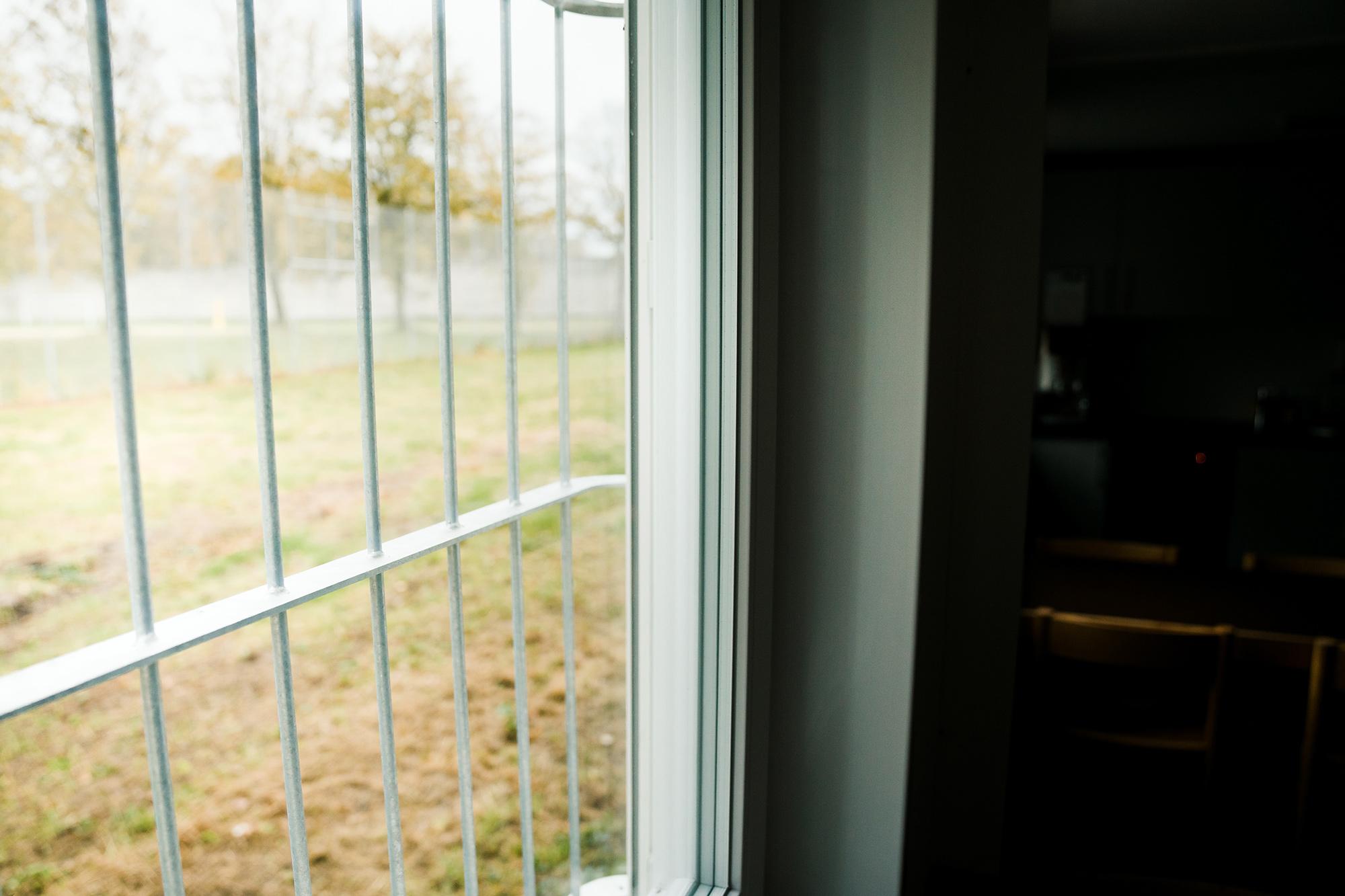The long-term role of forensic medical expertise in placements and detention

In civil and penal jurisdiction, forensic assessments coin decision-making with regard to the compulsory confinement of persons posing a threat to themselves or to others. Where does this power of the experts stem from and which factors contributed to the development of forensic psychiatry in Switzerland?
Project description (completed research project)
Dynamics lending, to medical and therapeutic knowledge, the power to decree the confinement of patients first came to bear in the age of Enlightment. The period under investigation (1760–1910) saw a rise of the epistemological and social power of forensic psychiatry as well as, simultaneously, a strengthening of legal provisions guaranteeing individual freedoms and an increase in the number of institutions replacing hospitals. The project describes the emergence of novel coercion structures dealing with “deviant” behavior and “abnormal” conduct in a period of liberalism. The project draws comparisons between the cantons of Geneva and Vaud in which control mechanisms, internments, and treatment methods were put in place precociously, based on forensic assessments.
Results
The summary of the results for this project are available here:
Original title
The long-term role of forensic medical expertise in placements and detention: from the Enlightenment to the Swiss Civil Code, in Geneva and Vaud
